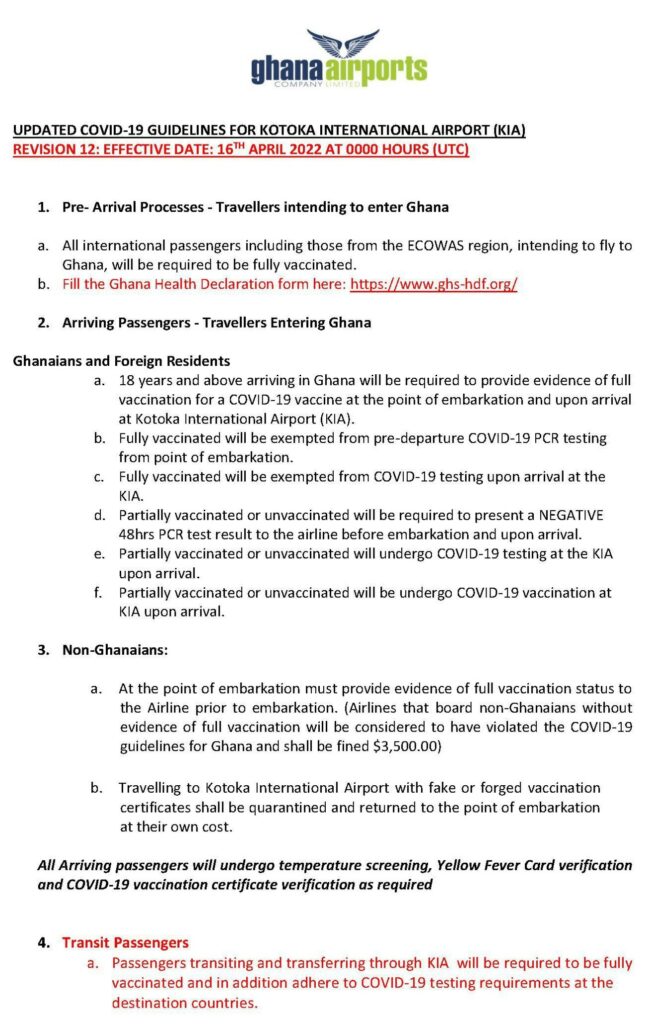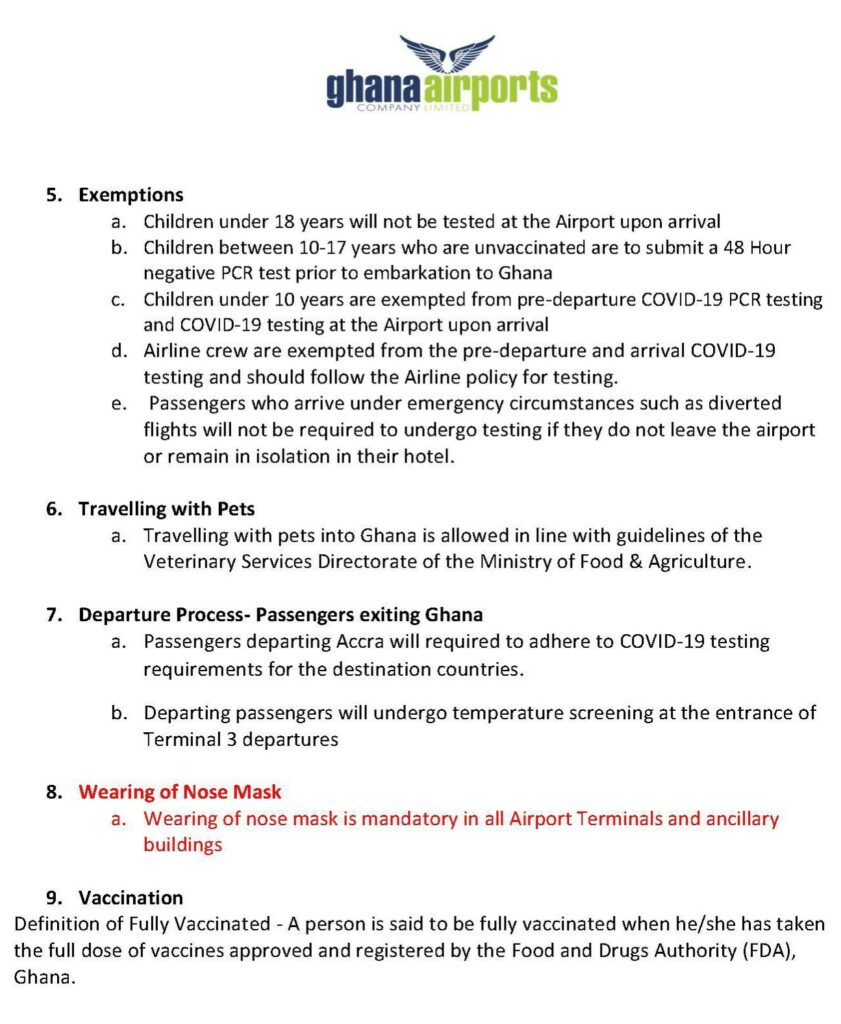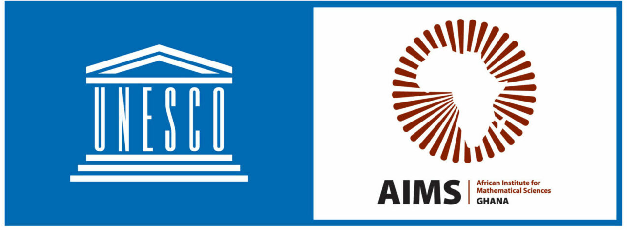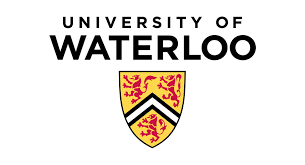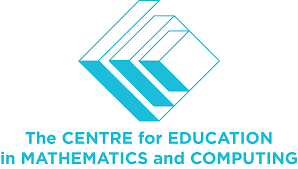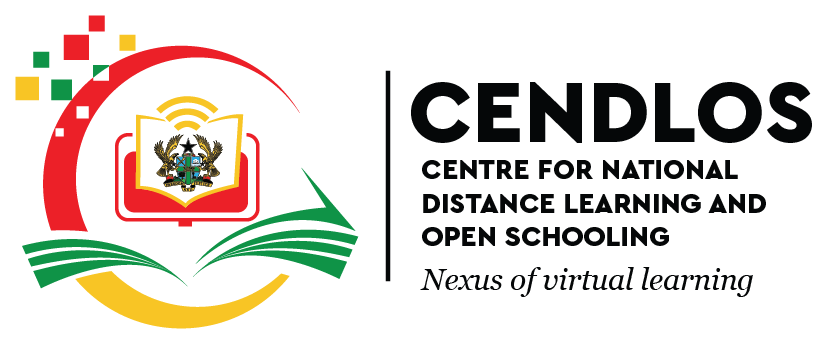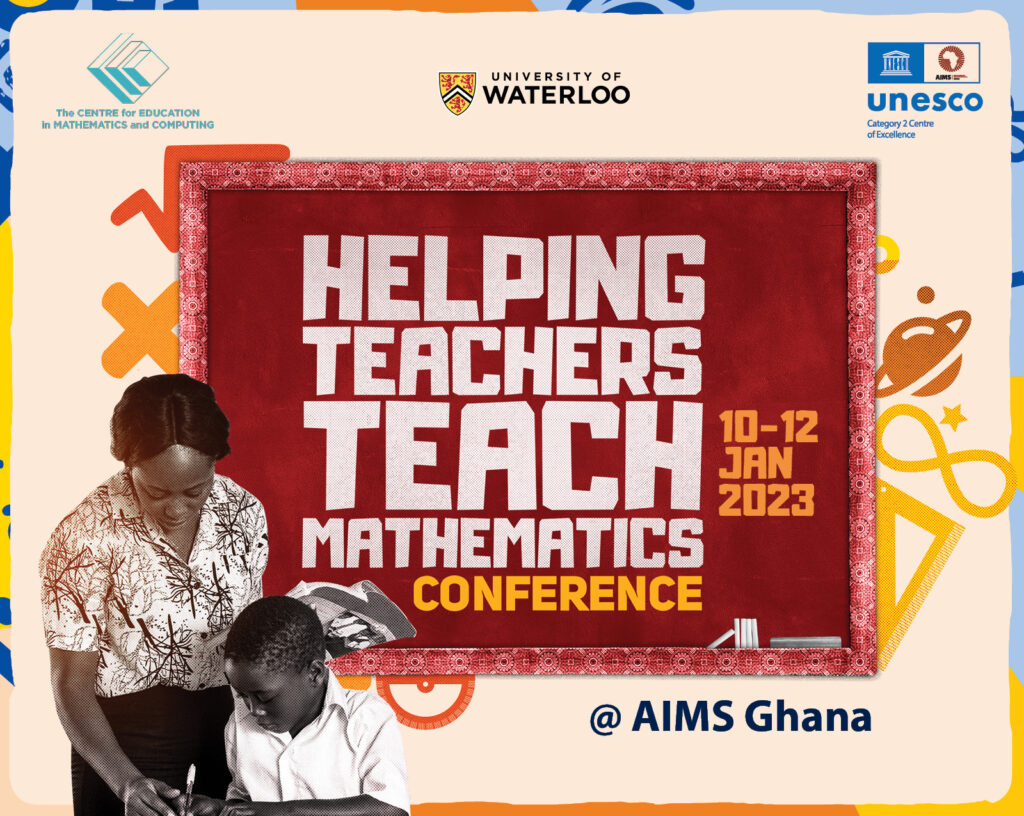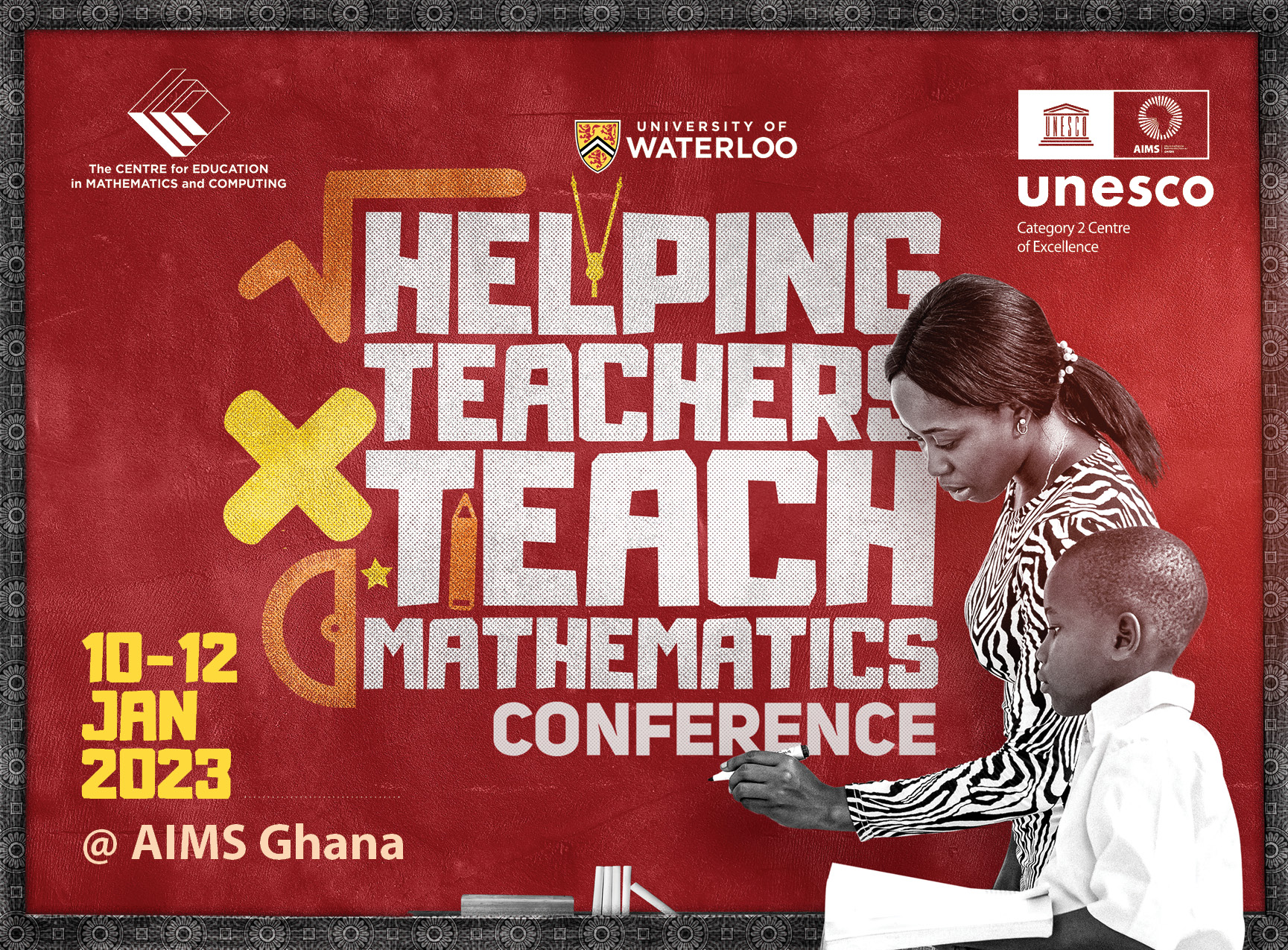
- Overwiew
- Organizers
- Abstracts
- Speakers
- Participants List
- Application Information
- Schedule
- Travel Guide & COVID-19 Protocols
Helping Teachers Teach Mathematics Conference -HTTMC
The objective of AIMS Ghana as a UNESCO Category II Centre of Excellence is to provide training and professional development in the Mathematical Sciences for high school teachers across Africa. In line with this, AIMS Ghana with the Centre for Education in Mathematics and Computing (CEMC) at the University of Waterloo, Canada is organizing a conference on “Helping Teachers Mathematics and Computing (HTTMC)”
The goal of the conference is to provide current teachers in Africa with the opportunity to expand their knowledge on how to teach mathematics foundations of the core high school curricula. It is also aimed to expose them to new ways of teaching and applying modern mathematics. Most talks in the conference include tasks that will be directly applicable to the daily classroom teaching. The conference will also challenge the teachers to brainstorm creative and dynamic ways of transmitting their knowledge to students.
The AIMS-Ghana CEMC Helping Teachers Teach Mathematics Conference (HTTMC) will be held at the AIMS Ghana Centre from January 10-12, 2023. This blended (online/in-person) conference for Mathematics teachers is an opportunity to connect and share ideas. The Helping Teachers Teach Mathematics Conference (HTTMC) is to help bring educators together to share their knowledge and expertise, help build new connections and tap into a renewed enthusiasm for mathematics and computing.
Helping Teachers Teach Mathematics Conference -HTTMC
- Comfort Mintah, University of Waterloo, CEMC
- Prince Osei Koree, AIMS Ghana
- Rob Gleeson University of Waterloo, CEMC
Helping Teachers Teach Mathematics Conference -HTTMC
Demystifying Solving Equations
Presenter: David Petro
Let’s demystify solving equations. If students only know how to mechanically use the balance method to solve equations, they often lose sight of what finding the solution actually means. In this session, we focus on solving and visualizing simple one and two-step equations. We will use virtual tools (and those with real counterparts) to first strengthen, then streamline the process of solving equations.
Virtual Coding and Robotics in the Elementary Classroom
Presenter: Michael Frankfort
In this session, Michael provide some foundational information about incorporating robotics and coding into the elementary mathematics classroom. They will also discuss pedagogical supports about the integration of coding through the various strands of the curriculum and into other subject areas. Participants will explore a few different virtual platforms and supporting resources that can be used with their students. There will also be a competition aspect to this presentation through a series of some virtual coding and robot problem solving scenarios.
Integrating Problem Solving in Grades 9 and 10
Presenter: Jason Van Rooyen
This session will examine the when, the where and the how of using problem solving in grades 9 and 10. A wide variety of problems will be examined and discussed, with varying levels of difficulty.
Selected Topics in the History of Mathematics
Presenter: Marcel TeBokkel
The aim of this session is to give consideration to the mathematics of several different cultures and civilizations over time. We will consider problems that typify the work and explore several using the procedures of that time.
Make It Stick and Increase Perseverance.
Presenters: Sheri Hill and Lindsay Parchimowicz
Have you ever wondered why students forget ’everything’ after they write the test? How do we, as teachers, help students make the learning stick? Our team of grade 10 academic math teachers at Craig Kielburger Secondary School has piloted a new way of teaching and evaluating. Unit tests were removed; weekly cumulative quizzes and thinking assignments were implemented, along with cumulative homework, problem-solving days, and Fun Fridays. Three main goals were to attack deficiencies in basic skill development, increase retention of learned skills, and increase problem-solving ability. The teachers found students were more comfortable with mixing concepts from various topics, and they had more time to focus on problem-solving, games, and rich activities.
Mathematical Problem Solving
Presenter: Ian VanderBurgh
Problem-solving is a key part of mathematics, but it is also very difficult to teach in a structured way. This session will give an overview of one way to do this, focusing on specific problem-solving strategies. Attendees will spend a significant amount of the session working through problems themselves in a partially guided way
Destroying the Phobia for Mathematics, through innovative Communication of the subject
Presenter: Chisara P. Ogbogbo
The ability of teachers to communicate Mathematics effectively will make a great difference in the learning process. To take our place in STEM education, Mathematics teachers need to be grounded, innovative, and dynamic with the teaching methods. Mathematics must be made interesting to the students. Even in the absence of modern technology in most African classrooms, something can still be done, to drive the necessary change. In my talk, I will present a series of illustrations (using basic algebra, calculus, financial Mathematics) to sensitize the teachers and demonstrate that the teaching of Mathematics can be tailored to suit, even the students who have a phobia for Mathematics.
GeoGebra Basics
Presenter: Sarah Chan
GeoGebra is a tool for investigating mathematics. It can be used to create mathematical constructions that are interactive. Through the adjustment of parameters, you can visualize how different pieces of mathematics relate to one another. In this session, you will learn how to create your own GeoGebra apps that include points, lines, polygons, circles, measurements, functions, text, and sliders. GeoGebra is free to use. To prepare for this session, please download GeoGebra Classic 5 from https://www.geogebra.org/download
Title: Mathematical Modelling
Presenters: Gerard Lewis and Catherine Ionno
Even though many teachers are familiar with using representations to model mathematics, few teachers have led students through the journey of mathematical modeling, even though it is a required expectation in the Ontario Curriculum Grade 1-9. In the Ghana teaching syllabi for Junior and Senior High School, mathematical modeling is not explicitly referenced; however, its teaching pedagogy can be included to satisfy the General Aims of the syllabus.
In this session, we will spend time exploring what mathematical modeling means, co-creating examples of inquiries that could be led in the classroom, and walking through student artifacts from our experience with middle school classes. Our aim is to have educators consider teaching mathematics through an inquiry-based lens that fosters creativity and innovation.
Title: Pedagogical Content Knowledge with Passion and Commitment: Key Ingredients of an Effective
Mathematics Teacher
Presenter: Samuel Kwesi Asiedu-Addo
Mathematics education is key to Scientific and Technological advancement in the 21-century industrial revolution. Mathematical training and professional development in mathematical sciences for high school teachers across Africa has not seen major upliftment although is one of the major steps stakeholders in mathematics and science education need to pay attention to. Training teachers in mathematical sciences in various areas in the teaching and learning of mathematics has great impact on the teacher delivery and their general pedagogical content knowledge. Additionally, various challenges associated with teaching and learning of mathematics can be dealt with through training of high school mathematics teaching in some content and methodological aspect of teaching mathematics. In boosting students’ interest in mathematics, teaching methods and content knowledge has been one of the key factors students look out for. The teacher’s ability to connect mathematics to real-life problems and the immediate environment is very important in building students’ interest in mathematics and mathematics-related disciplines. The aim of building students’ interest in mathematics at the various stages of the students’ educational career, requires continuous training of the mathematics teacher to be able to properly integrate mathematics for better student understanding and interest.
Training mathematics and computer teachers in new ways of teachers as it is the aim of this conference is very good and recommended that such training should be encouraged by the various educational ministries to allow as well as sponsor teacher to participate in such training.
Title: The opportunity for African Mathematics Education to become world leading and what I have learnt from Ghanaian teachers.
Presenter: David Stern
Well over a hundred years ago as part of the industrial revolution children were saved from ‘work’ and sent to school to learn maths because of the widespread need for computers. Of course, back then computers were humans who computed things but this changed the world because that computational power changed everything from the way buildings were built, accounts were kept and businesses were run. Our whole educational system is still primarily based on the needs of industrialised Europe from over 100 years ago. Of course even your phones are more powerful computers than any human could ever be for the types of computation that were needed then so for over 50 years there have been efforts to transform mathematics education into something new. Broadly these have failed for reasons that were unexpected but are understandable. My experience working with Mathematics educators across the world have left me with a belief that the fundamental changes that will bring mathematics education worldwide into the digital age will come from somewhere on the African continent. I will share some observations most notably a few deep insights stemming from Ghanaian teachers almost 10 years ago now.
Helping Teachers Teach Mathematics Conference -HTTMC
Speakers List
Helping Teachers Teach Mathematics Conference -HTTMC
Eligibility:
Applicants must be Mathematics and Computer Science teachers at the junior or senior high school level ie. grades 7-12 (equivalent to Junior and Senior High) who will be available to participate either online/ in-person within the period. DEADLINE FOR APPLICATIONS: 23rd December 2022
To apply, click here
For more information, kindly send an email to organizers at httmc2023@aims.edu.gh. The subject of your email should have your full name and the abbreviations of the conference: HTTMC as shown in the example: Kwesi.Ofori.HTTMC2023.
Helping Teachers Teach Mathematics Conference -HTTMC
Download conference schedule here.
NB: The schedule is tentative to change.
DownloadTravel Guide
Routine Vaccines:
Be sure that your routine vaccines, as per your province or territory, are up-to-date.
Some of these vaccines include: measles-mumps-rubella (MMR), diphtheria, tetanus, pertussis, polio, varicella (chickenpox), influenza and others.
Pre-travel vaccines and medications:
You may be at risk for preventable diseases while travelling to this destination. Talk to a travel health professional about which medications or vaccines are right for you.
Diseases include:
Hepatitis A
Yellow Fever – Country Entry Requirements
Rabies
Measles
Hepatitis B
Polio
Influenza
Meningococcal disease
Malaria
COVID-19
Food and Water-borne Diseases
Travel health and safety:
Emergency medical attention and serious illnesses require medical evacuation. Medical services usually require immediate cash payment.
Make sure you get travel insurance that includes coverage for medical evacuation and hospital stays.
Prescription drugs
If you take prescription medication, you are responsible for determining its legality in Ghana.
Precautions
- Bring sufficient quantities of your medication with you
- Always keep your medication in the original container
- Carry a copy of your prescription(s)
- Pack them in your carry-on luggage
COVID-19 Protocol at AIMS Ghana
AIMS Ghana adopts recommendations from National Covid 19 guidelines, so the main protocol is that anyone visiting Ghana or the Centre is required to be fully vaccinated. All participants should kindly adhere to this protocol.
